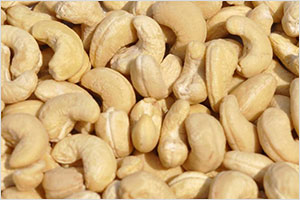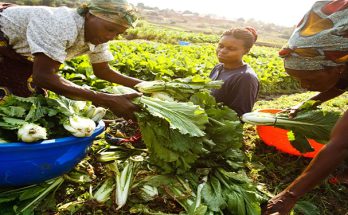 TANZANIA – A section of cashew Nut farmers in Tanzania are set to receive a boost following a move by Exim Bank to support them with TZS 200 million ($87,334 dollars).The farmers from Mtwara will benefit from the investment which aims at bolstering the industry productivity during 2018 season.
TANZANIA – A section of cashew Nut farmers in Tanzania are set to receive a boost following a move by Exim Bank to support them with TZS 200 million ($87,334 dollars).The farmers from Mtwara will benefit from the investment which aims at bolstering the industry productivity during 2018 season.
According to a statement from Exim Bank, cashewnut industry in Tanzania recently has seen a significant growth in production and sale prices which is a move to improve the livelihoods of the farmers.
Jafari Matundu, Exim Bank Tanzania Deputy Chief Executive Officer said in an interview that the bank has been supporting the cashew nut farmers and exporters for many years by providing seamless financial services to the farmers and other stakeholders.
“We have had a presence in Mtwara for many years now supporting farmers and exporters by providing them with innovative financial products and services to support and grow their businesses.” He added.
Exim Bank Tanzania made a move to Mtwara to support the cashew farmers because it is an important segment in the agricultural portfolio in Tanzania. Currently, the country exports over 350,000 tons of raw cashews, which is an increase of almost 100% from previous years.
Exim Bank Tanzania is committed to supporting the agriculture industry in Tanzania by increasing their reach in the regions and providing innovative banking services and products necessary for strengthening agriculture activities. The bank is working with farmers through the Agricultural Marketing Co-operative Societies (AMCOS) in Mtwara and Tandahimba, which is an effective platform that supports farmers with production, processing, transporting and marketing of various cash crops including cashew.
Mr Jafari Matundu added, “With the increase in export and sale prices we saw fit to increase our loan portfolio to enable farmers increase production and quality of their products and therefore increase their earnings through their sales. Farmers need support on all farming stages, currently, they need support on harvesting stage for buying bags, paying laborers until the product reaches the buyer.” he concluded.



